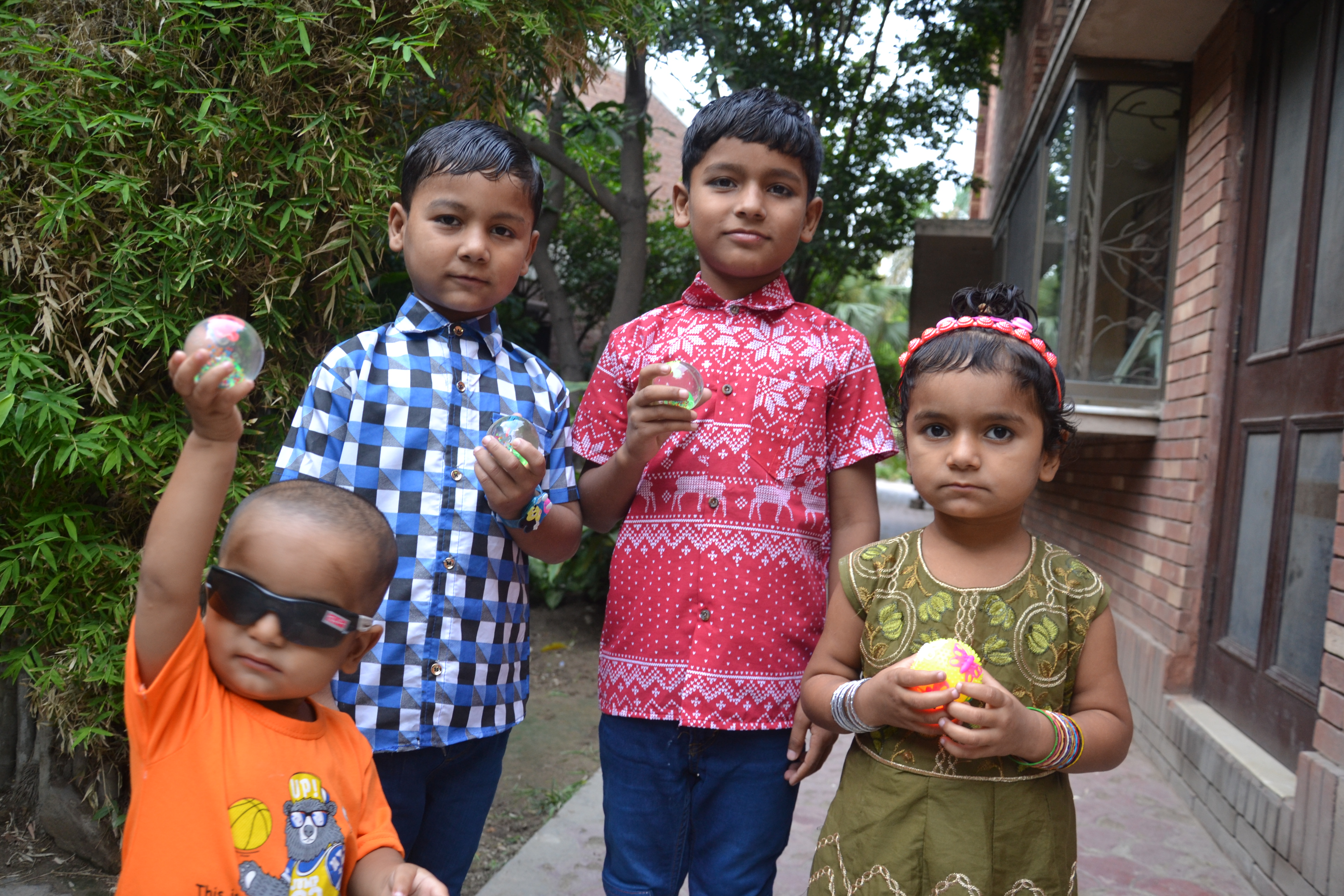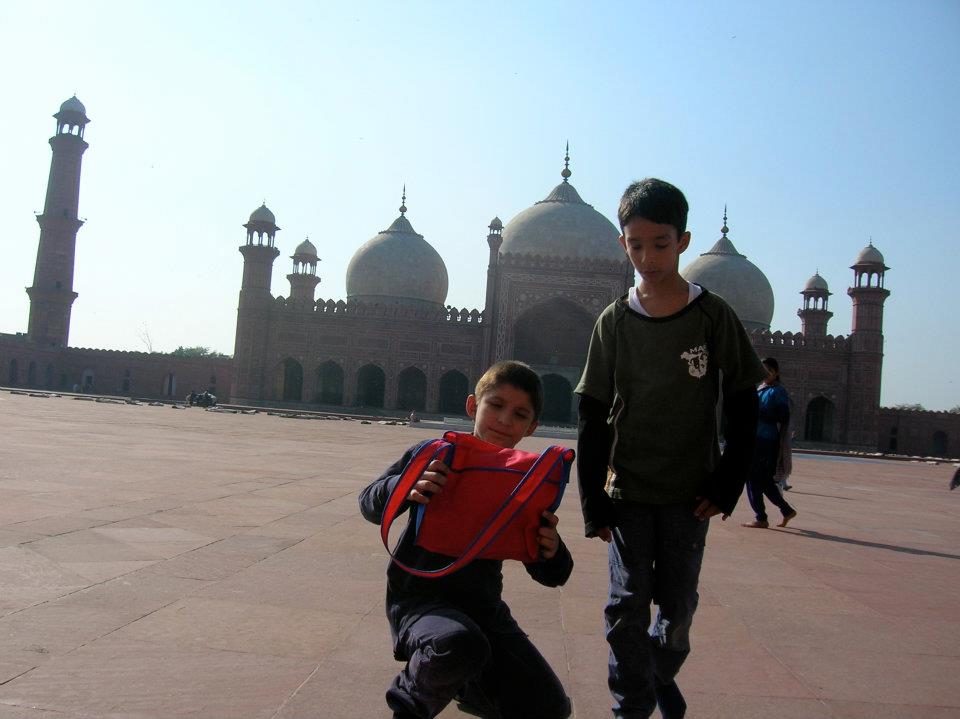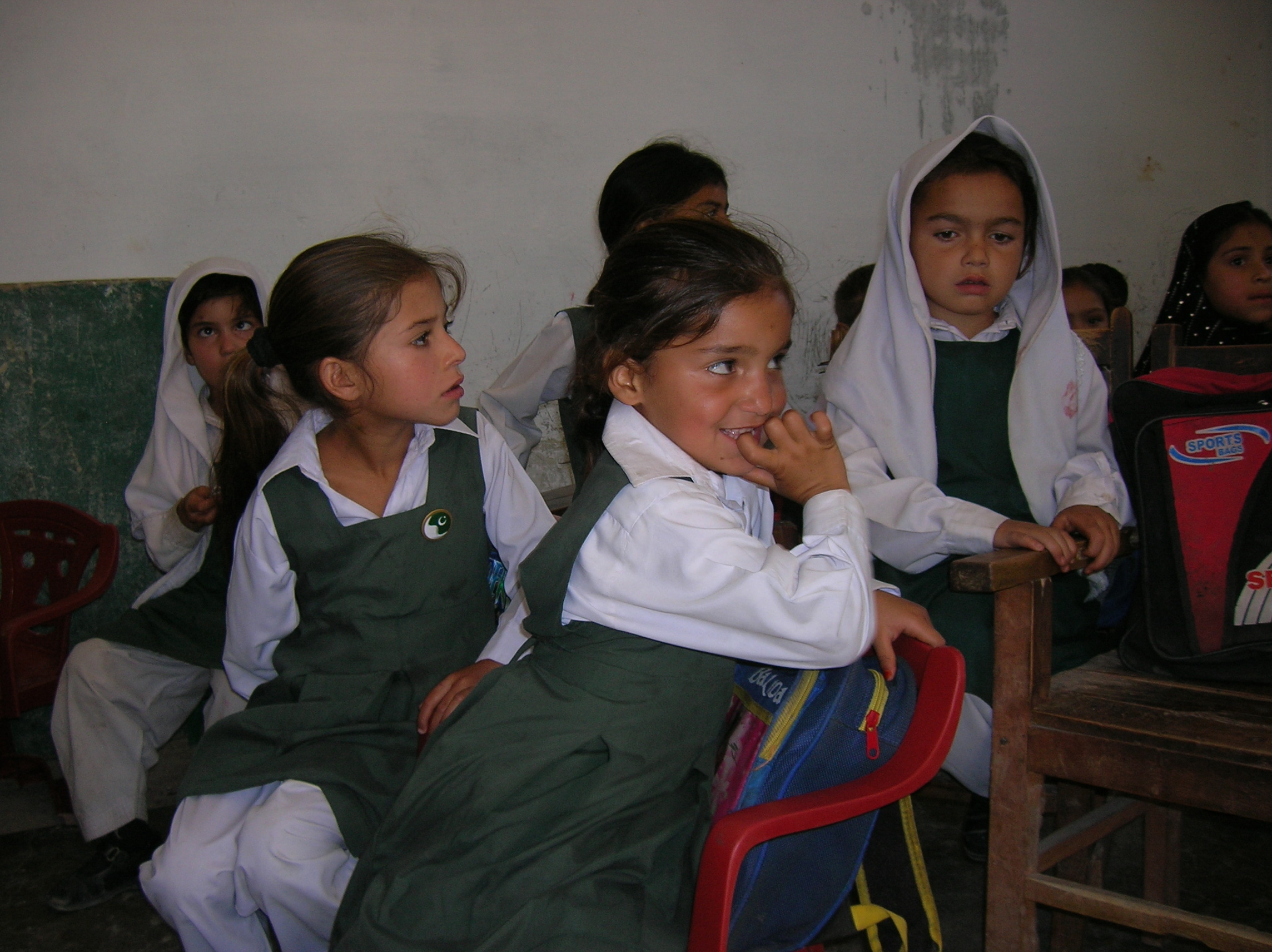
Students' Self Concept Helps Them Succeed
by Rizwana Khan
California State University Northridge
Credential Multiple Subject
In a government school situated in a small village, Mustafa was taught in English medium as was required by the law. As their mother tongue was Punjabi, nobody spoke in English, he had hard time understanding most of the assignments let alone solve them. So the teachers from the preschool found an acceptable technique of delivering their lessons. It was called rote learning. The schools didn’t have the resources nor the training to support them individually. With time in the overcrowded classrooms the boisterous students became good at rot learning. The technique was simple i.e. the teachers wrote the answers and the students copied off the white boards onto their copies and memorized them for tests.
Being a headmaster’s son Mustafa’s was strong in his studies and followed the instructions in the classroom. He perceived himself as an able student. His father developed in him a belief that he can succeed. The social fabric around instilled him the strong religious values. And he was expected to pass from the school whereas a majority struggled or dropped out by the time they reached the matriculation or tenth grade. With positive attitude that he’ll succeed, he memorized the answers and passed with above average grades from his school.
Mustafa’s father,had great aspirations for him. Later on he prepared for Pakistan Military Academy exam and hoped to become an officer in the army instead of a soldier in the ordinary ranks. He paid the academy to prepare for the exam as was the norm and memorized the answers by heart. The academy assured that the exam questions they had prepared with them will come in the entrance test as the PMA exams were repeated every two years. And that’s exactly what happened. Mustafa’s family celebrated his passing the written exam. Then in the second phase the interviewers asked him to tell the answers in his own words. This was something new to him and consequently very difficult to brainstorm the ideas. The concept was difficult for him. The fact that his father had dictated his goals and he wasn’t passionate about anything particular therefore didn’t know what to say anything worthwhile in the interview.
Thus he flunked the in person interview. The interviewers told him that the answers should be not have been memorized and his inability to think critically made him ineligible for the position.
In his school they were never supposed to do any science experiments or relevant projects tied to their lessons. Thus their self-esteem and self-concept never developed nor any passion discovered.
Over the generations, self-concepts of the students like Mustafa were affected by these kind of eventual outcomes. The schools like his reinforced the learning that placed them in the lowest segment of the social strata.
Thus students like Mustafa are rejected because of their poor self-concept. Prime Minister promises that the Single National Curriculum (SNC) will eliminate two tier education system. These differences between the private elite schools with Cambridge degrees and the local matriculation system practiced in madrassas and government schools degree that divide Pakistan into the socioeconomic classes.
The SNC will be implemented but the teachers will deliver the lessons same as before in the schools. The main problem that arises in the schools is the matter of self-concept and the private elite school know how to develop it in their students.
In psychology, self-concept generally refers to our perceptions of ourselves—how we see our abilities, attitudes, attributes, beliefs, and expectations (Harter, 2006; Pajares & Schunk, 2001).
In the schools the Punjab text board has started censoring what can be taught from the books. With restriction environment knowing oneself will become a challenge. We could consider self-concept to be our mental picture of who we are. It is our attempt to explain ourselves to ourselves, to build a scheme that organizes our impressions, attitudes, and beliefs about ourselves. But this model or scheme is not permanent, unified, or unchanging.
When students like Mustafa are not able to build concepts that connect them to the modern world of new ideas, impressions and beliefs of others and themselves, they start looking through a a narrow tunnel of their parents’ vision that is basically stuck in the past.
No changes in the curriculum can only be successful, if the students self-concepts is not emphasized.
All our self-perceptions vary from situation to situation and from one phase of our lives to another. So in Pakistan the social classes are segregated. The SNC is supposed to break these barriers. The professions that were taken up before by the elite schools, but now Prime Minister hopes that SNC will provide to the rest of the population who go to the poor schools, too.
Prime Minister Imran Khan through SNC wants everyone to have a chance. But the self-concepts are nurtured in private schools that they are trying dismantle.
A worthwhile self-concept is developed, only, when the school curriculum goes along with the latest discoveries and ever changing knowledge and teaching that empowers students. With the current emphasize is static and can’t be critically analyzed as is religion, students self-concept cannot be developed.
Further the vested interests control the students into conforming to their dictates. For example madrassa trained students fought Taliban wars for two generations and reverted to violence and trauma. Thus strong self-concept in the student will help them in go develop in the right path.
Further on, the elite private schools provide a platform for developing self-concept based on self-discovery and passionate perusal of self-knowledge. For example, a few female students from an elite private school were able to stand up for sexual harassment and gained the attention of policymakers for reformation. In retrospect, in madrassas and government schools no student speaks out.
So self-concept creates an attitude that differentiates the two tier education systems. Ironically the self-concept through which SNC desires to empower the poor schools, is the one we find in Cambridge based private schools that it eventually plans to censor and replace. So we hope that SNC would acknowledge the schools that provide Pakistan schools with critically needed attitude for passionate learning and eventually high level jobs that require critical thinking.



